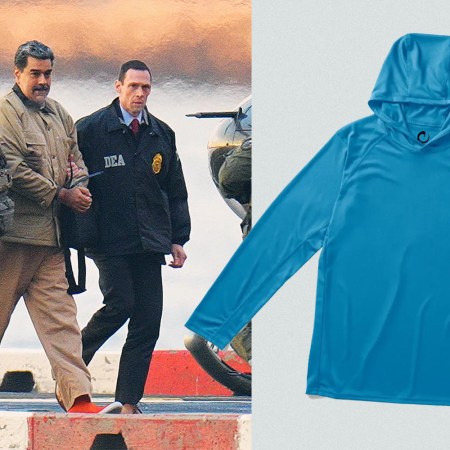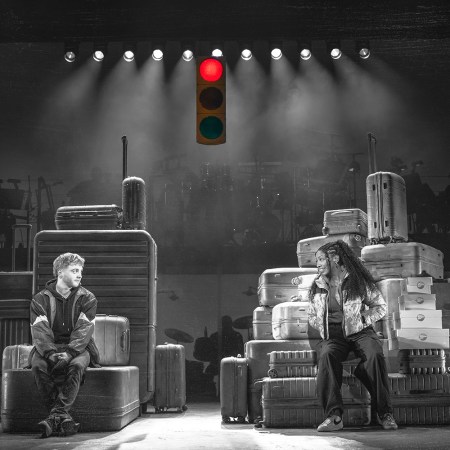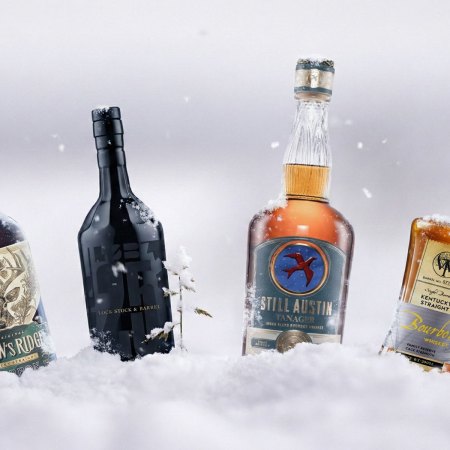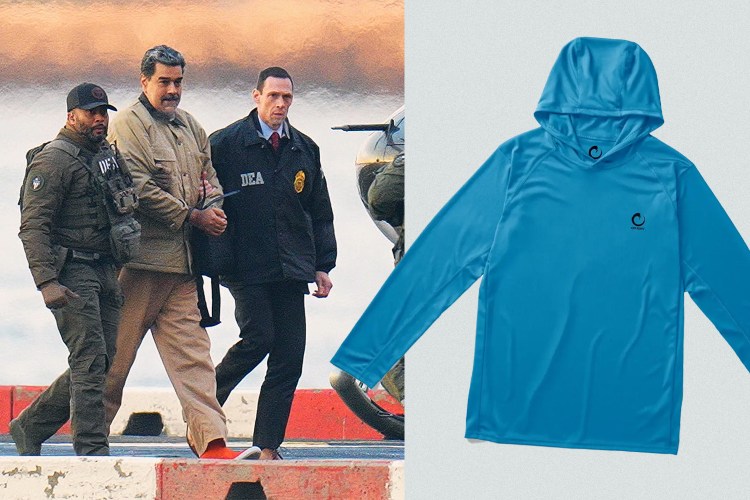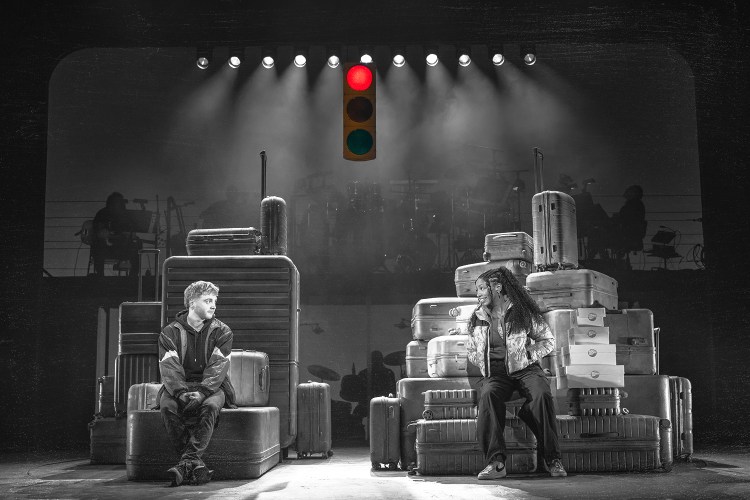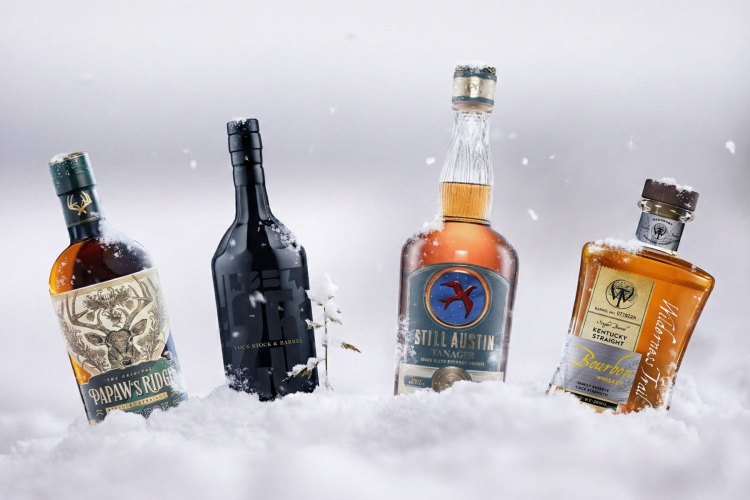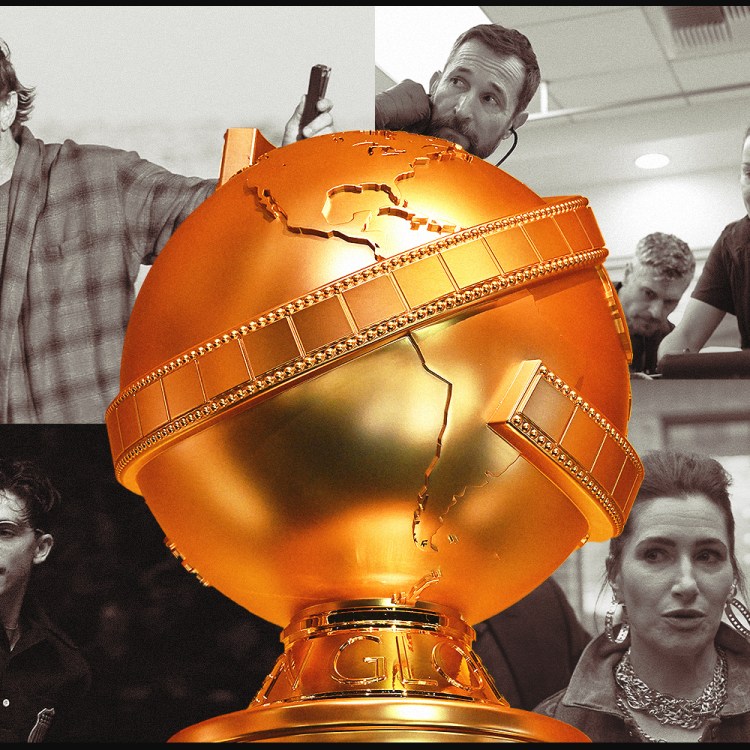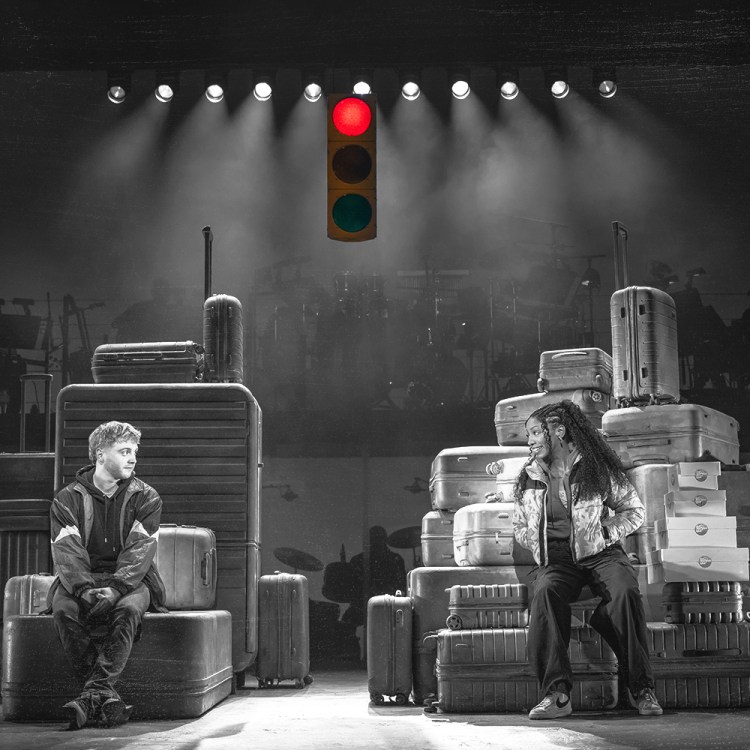The urban heat island effect refers to the pockets of intense heat captured by the concrete, asphalt, dark roofs and the dearth of foliage that “define many American cityscapes.” It happens because of climate change and Los Angeles, which is surrounded by desert and encased in asphalt, is the “poster child” of the heat island effect.
Experts have decided to explore innovative ways to combat the impact of these record-breaking, rising temperatures in Los Angeles, according to The Washington Post. Mayor Eric Garcetti wants to reduce the city’s average temperature by 3 degrees Fahrenheit over the next 20 years. One way to do that may be to coat city streets in a substance known as CoolSeal, a gray-colored coating designed to reflect solar rays.
According to the Post, CoolSeal has already shown promising results. It was first tested in 2015 on a parking lot in the San Fernando Valley, which is one of the hottest parts of town.
“We found that on average the area covered in CoolSeal is 10 degrees cooler than black asphalt on the same parking lot,” Greg Spotts, the assistant director of the Bureau of Street Services, which oversaw the testing said to the Post. “We thought it was really interesting. It’s almost like treated asphalt warms at a lower rate.”
City officials claim that L.A. is the first city to test cool pavement to combat urban heat. The hope is that the cooler streets lead to cooler neighborhoods. People could use less air conditioning, and fewer people would die from heat-related deaths. Officials also believe the treated streets are more comfortable for pets.
Spotts thinks more than 10 percent of the city is asphalt. He told the Post his agency has applied the product to designated streets in 14 of the city’s 15 council districts, where it will be monitored and studied through the fall. The coating costs $40,000 per mile. It lasts for seven years.
The program is in conjunction with GuardTop, an asphalt coating manufacturer. They began working with the defense industry to develop cool pavement for military spy planes, explained Jeff Luzar, GuardTop’s vice president of sales, to the Post.
This article appeared in an InsideHook newsletter. Sign up for free to get more on travel, wellness, style, drinking, and culture.




